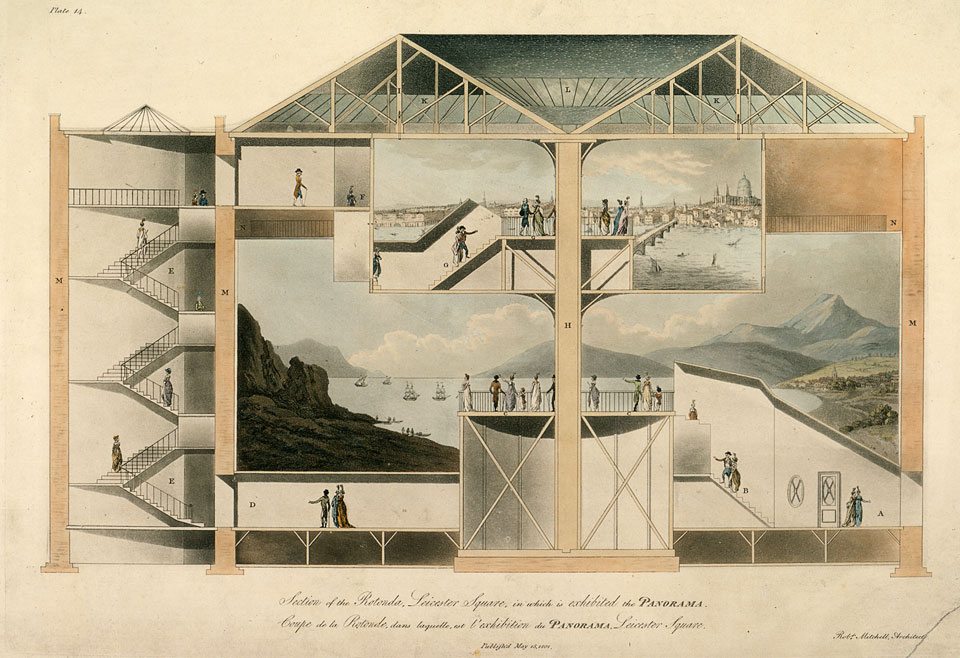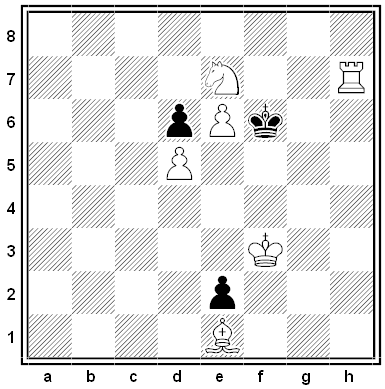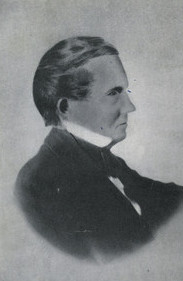In 1827, visitors to London could get a titan’s view of the city by visiting Regent’s Park. There surveyor Thomas Hornor had built a colosseum housing the largest painting in the world, a panorama seven stories tall and 130 feet in diameter. A spiral staircase rose to a large gallery from which visitors could view London as seen from the ball atop St. Paul’s Cathedral.
Estimates of the painting’s size vary from 24,000 to 44,000 square feet; flyers called it “nearly an acre of canvas.” Half a million people visited the Colosseum in 1829, but Hornor’s backer left for Paris and he was quickly broke. New owners reopened the attraction in 1845, though, and it stood as a fixture for 30 years, renowned for the clarity of its vista. “The ascent is easy, the sky is fine and bright, the atmosphere is clear,” wrote one visitor. “We can command constant sunshine.”







